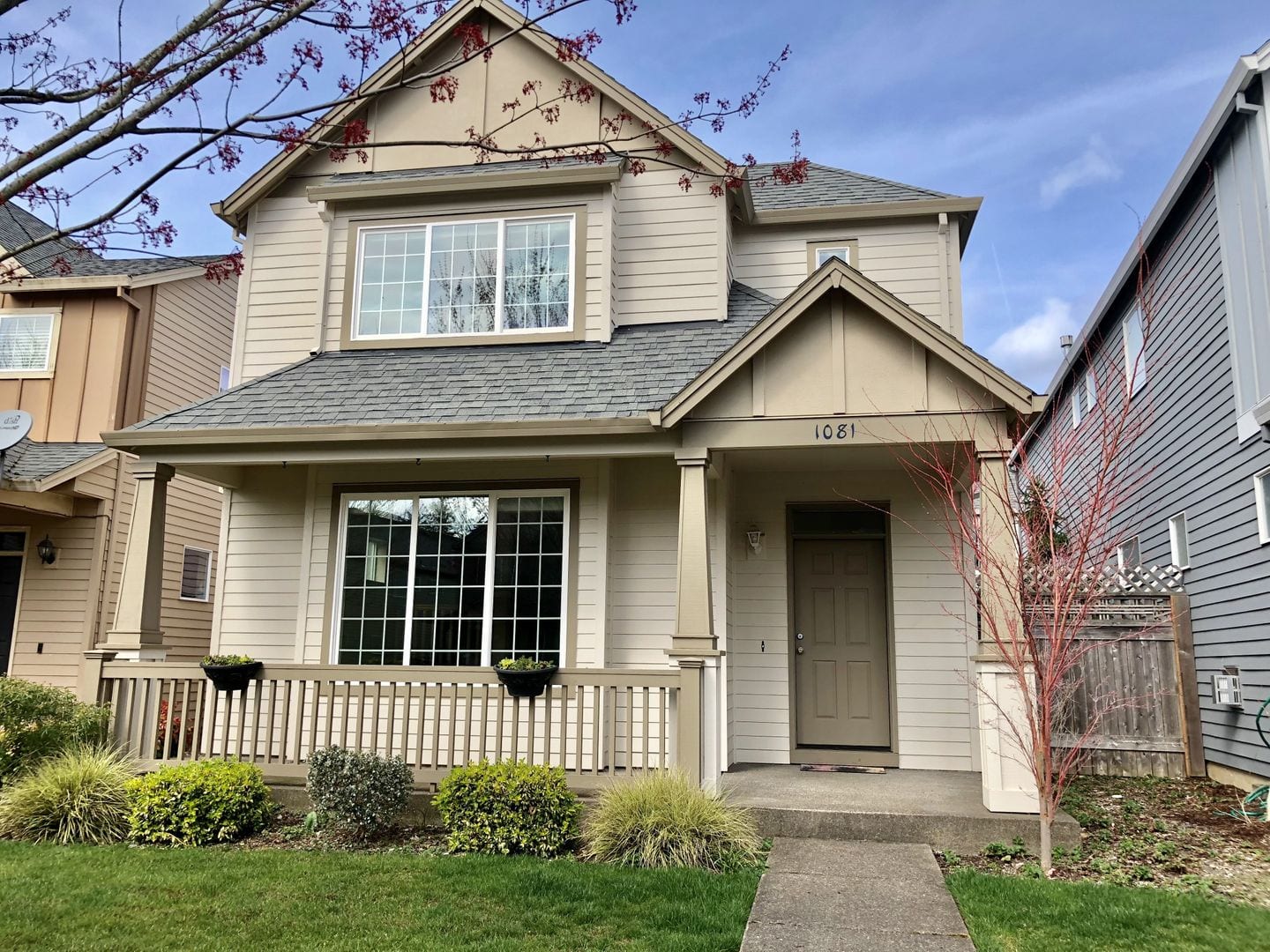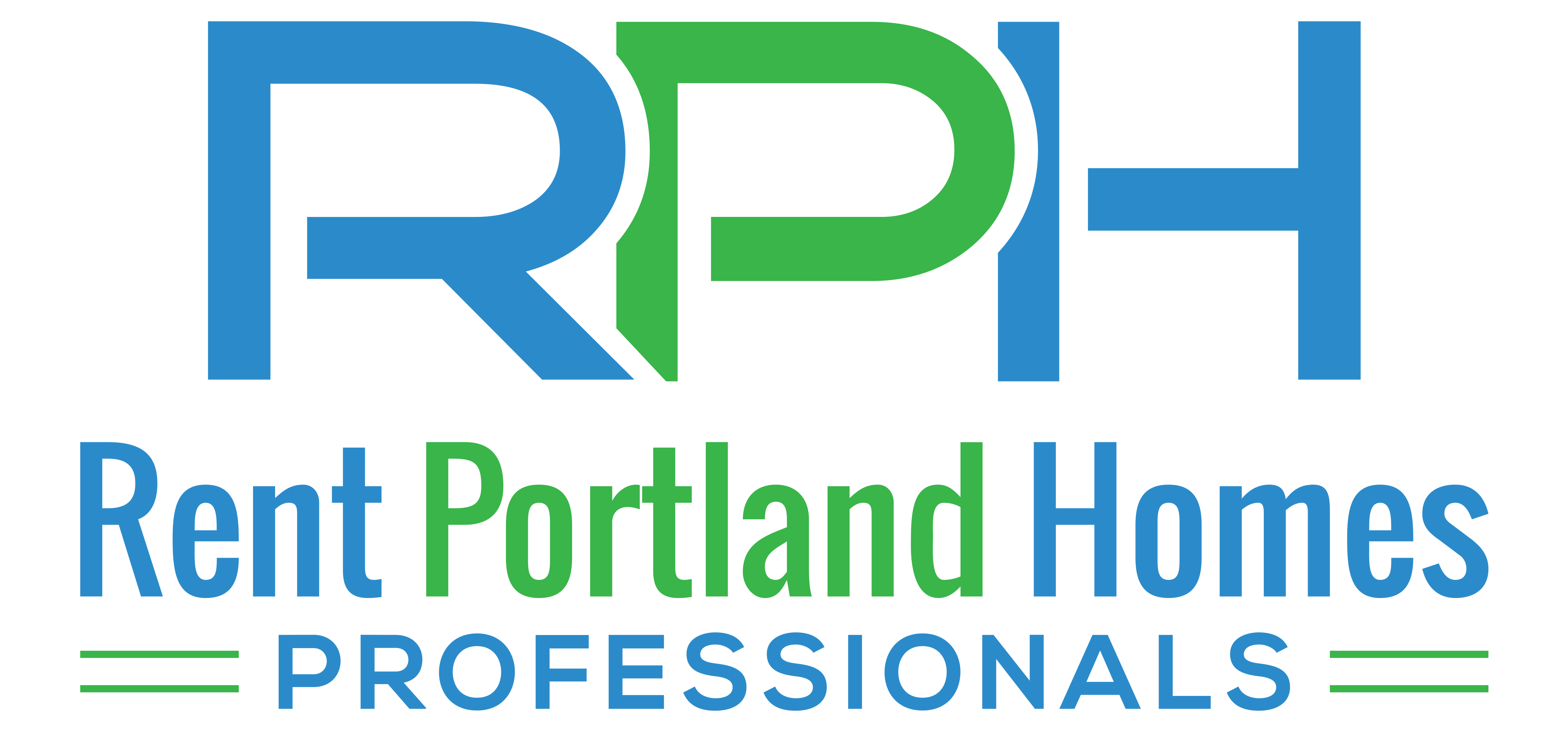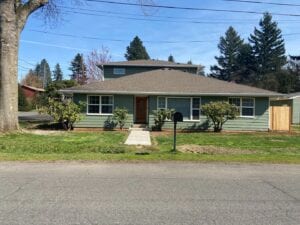When Can A Tenant Withold Rent In Oregon?

One of the biggest problems that both landlords and tenants face in Oregon is when a tenant has the right to withhold rent.
This is a contentious issue because most tenants will without rent only until they’ve reached their breaking point, while other tenants won’t think twice about withholding rent at the first sign of a problem.
Who is right?
In this article, we will answer this question and offer you insight into a tenant’s right to withhold rent in Oregon.
Understanding A Tenant Rights to Withhold Rent in Oregon
When landlords fail to comply with a term of the lease or rental agreement or fail to maintain the premises in a habitable condition, tenants may notify their landlord of the breach and give a 30-day notice to terminate if the landlord doesn’t fix the condition within a certain amount of time. (Or. Rev. Stat. Ann. § 90.360.) Tenants also may withhold rent for some minor defects that can be reasonably repaired for not more than $300—but must follow the statute’s rules regarding notice (Or. Rev. Stat. Ann. § 90.368).
Tenant Tips For Getting Repairs Made
Most residential rental units will need to be repaired at one time or another. There are two ways a landlord is most likely to learn about the need for repairs. One is through the landlord’s inspection of the rental. The other is by a report from the tenant.
Some problems start small but can cause significant damage over time. You should tell your landlord immediately if a repair is needed. You do not have to give your landlord written notice, but it is a good idea. (Written notice is required only if you notice the smoke detector doesn’t work). Always keep a copy of any notice you give to your landlord.
Most landlords want to make repairs quickly to minimize the costs of maintenance and to comply with their legal duties. For more information on habitability requirements read Habitability.
However, some landlords refuse to make repairs within a reasonable time. Other landlords will hire unqualified workers who do not correct the problem. In situations like these, you have several options.
One option is to give a written 30-day notice to your landlord saying you will move out unless the landlord makes needed repairs within a certain period. In a month-to-month tenancy, that period is 7 days for essential services such as water, plumbing, and heat, and 30 days for all other kinds of repairs. In a week-to-week tenancy, your notice must give the landlord 7 days to repair the problem. The notice period starts when the landlord receives the notice. The notice can be delivered in person or sent by regular first-class mail. If the lack of an essential service seriously and immediately threatens your health or safety, you can shorten the notice to 48 hours.
If your landlord does not make the needed repair and you end the rental agreement, your landlord must promptly return your security deposit and all prepaid rent.
You do not have to offer to move out if a landlord does not make needed repairs. For minor habitability problems, you can hire someone to make repairs (up to $300) after a seven-day written notice to the landlord and then deduct the cost from future rent. To use this method, you must provide the receipt to the landlord. You can file a lawsuit to force the landlord to make repairs. You can also sue for damages — how much the value of the rental was reduced because of the needed repairs and costs incurred as a result of the problem. You can sue only if you were not responsible for causing the damage, and you told the landlord about the problem or the landlord should have known about it. In a few cases where the problems are very serious, you may be able to live elsewhere at the landlord’s expense while repairs are being made. None of these remedies should be used without your first getting legal advice about the steps you need to follow.
In some cases, it is appropriate for the tenant to withhold rent payments to force the landlord to make repairs. While this idea seems simple, withholding rent requires the tenant to follow some very specific steps to protect his or her rights. Furthermore, taking this action almost guarantees that the non-compliant landlord will attempt to evict the tenant. Therefore, you should never take this step without talking to a lawyer first.
In some communities, you may complain to a building inspector or another health or safety code enforcement agency. These agencies can sometimes force repairs.
If repairs are needed because you, your child, or a guest of yours negligently or deliberately damages the unit, the landlord can end the rental agreement after proper notice or send you a 30-day “for cause” eviction notice. This notice gives you 14 days to repair the damage to continue renting. The landlord can also make the repair and bill you later for the cost.
Contact Rent Portland Homes – Professionals
Are you searching for the right Portland Oregon Property Manager to professionally manage your investment property?
At Rent Portland Homes – Professionals, we will provide you with the professional services that you need to manage your rental property.
To learn more about the services that we can offer you, contact us today by clicking here.








